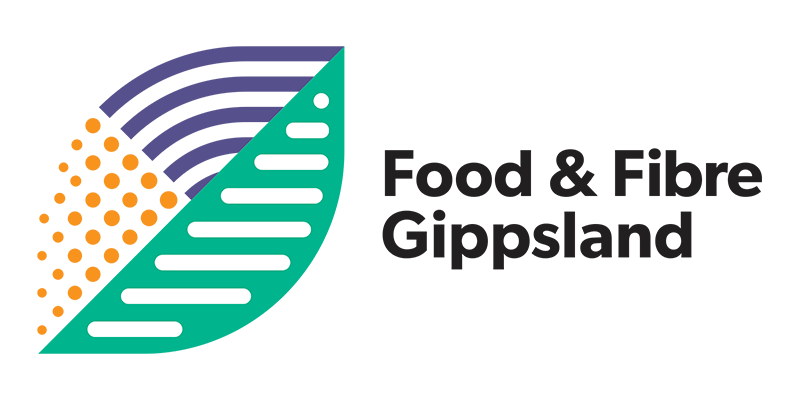Alternative Protein Farming
They might not be your first choice for dinner as yet, however insects are enjoyed by over 80% of the world’s population as a tasty, nutritious, and sustainable source of protein.
Per 100g by weight, crickets contain approximately 65g of protein, compared to beef mince which contains approximately 20g of protein.
Insects are also a valuable source of micronutrients, including zinc, iron and vitamin B12, which are very difficult to obtain in sufficient quantities from other alternative (non-animal) sources of protein, whilst having a much smaller environmental footprint.
Black Soldier Fly
Another exciting application of insect farming is the ability of insects (black soldier fly larvae) to consume and grow off organic waste like horticultural or dairy waste.
The insects themselves are then processed into high value animal feed, creating a profitable circular economy.
Although consumer acceptance remains a barrier to widespread consumption in Australia, the market for edible insects is growing rapidly; in the next five years, the Australian insect farming is estimated to be worth $10 million AUD per annum, while the global insect farming industry is expected to reach a total value of $1.4 billion AUD by 2023 and grow 44% annually by 2025.
There are currently 14 active commercial insect farming businesses in Australia, however this number is growing rapidly as interest in the industry builds.
Gippsland is in a unique position to capitalise on this momentum with the region’s renowned agricultural knowledge, established supply chain infrastructure and reputation for clean, green, high-quality produce.
Discovery work and opportunities for further exploration:
Three online workshops were held in 2021 as part of the Entrepreneurial Discovery Process of the GS3, exploring the potential of insect farming as a future industry for the Gippsland region.
Topics discussed include how insects are farmed, barriers to commercial scale production, and the potential of a regional insect-based organic waste processing facility.
Opportunities that have arisen from these discussions for further exploration include an insect farming entry guide and package, and the mapping of available organic waste in the Gippsland region.
A workshop to discuss updates concerning the mapping of organic waste and insect-based organic waste processing will be held in early 2022. F&FG will also continue investigation into the potential of native edible insect species, and opportunities to inspire new and exciting products co-developed by First Nations/Traditional Owner led initiatives.
Important dates for 2022:
Tuesday 8th of February:
Organic waste mapping study/insect-based organic waste mitigation update.
To be held online via Zoom with time to be confirmed closer to the date.Thursday 17th February:
Culinary uses of non-native and native Australian insects – a discussion of the potential of insects as high-quality Gippsland produce.


